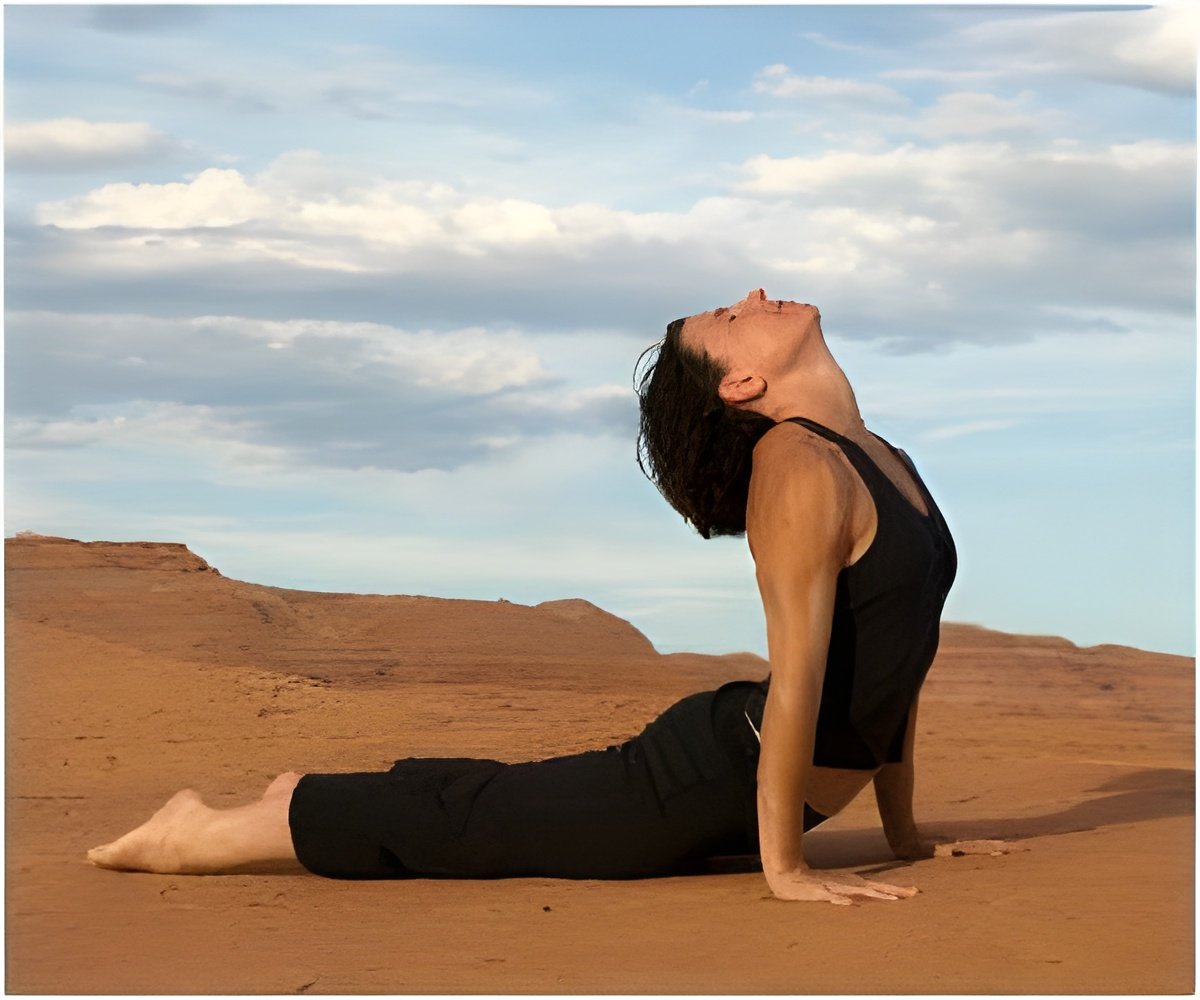Hatha yoga is effective for treating depression when used in addition to antidepressant medication.

- Hatha yoga is effective for treating depression when used in addition to antidepressant medication.
- The yoga of postures or asanas is called Hatha Yoga. It broadly consists of asanas (body postures), pranayama (body techniques) relaxation and cleansing techniques.
- The main goal of Hatha yoga is to facilitate concentration and meditation.
Hatha Yoga Class vs. Health Education Class
Participants were randomized into two groups - those who participated in a hatha yoga class and a control group who took part in a health education class. The intervention phase lasted 10 weeks and participants were followed for six months afterward.
"We hypothesized that yoga participants would show lower depression severity over time as assessed by the Quick Inventory of Depression Symptomatology (QIDS), as well as better social and role functioning, better general health perceptions and physical functioning, and less physical pain relative to the control group," said Dr. Uebelacker. "We found that yoga did indeed have an impact on depression symptoms."
"We did not see statistically significant differences between hatha yoga and a control group (health education) at 10 weeks, however, when we examined outcomes over a period of time including the three and six months after yoga classes ended, we found yoga was superior to health education in alleviating depression symptoms."
Yogic exercises recharge the body with cosmic energy and facilitates:
- Attainment of perfect equilibrium and harmony
- Promotes self- healing
- Removes negative blocks from the mind and toxins from the body
- Enhances personal power
- Increases self-awareness
- Helps in attention, focus and concentration, especially important for children.
- Reduces stress and tension in the physical body by activating the parasympathetic nervous system
Reference
- Lisa Uebelacker et al., Adjunctive yoga v. health education for persistent major depression: a randomized controlled trial, Psychological Medicine (2017) https://doi.org/10.1017/S0033291717000575.















